What is Marjoram and How Do You Use It?
Marjoram (Origanum majorana) is a delicate culinary herb with sweet, floral notes and subtle citrus undertones, perfect for enhancing dishes without overpowering them. Unlike its bolder cousin oregano, marjoram adds refined flavor to chicken, fish, vegetables, and tomato-based sauces when added near the end of cooking. Most home cooks use it incorrectly - adding too much too early - which destroys its delicate flavor compounds.
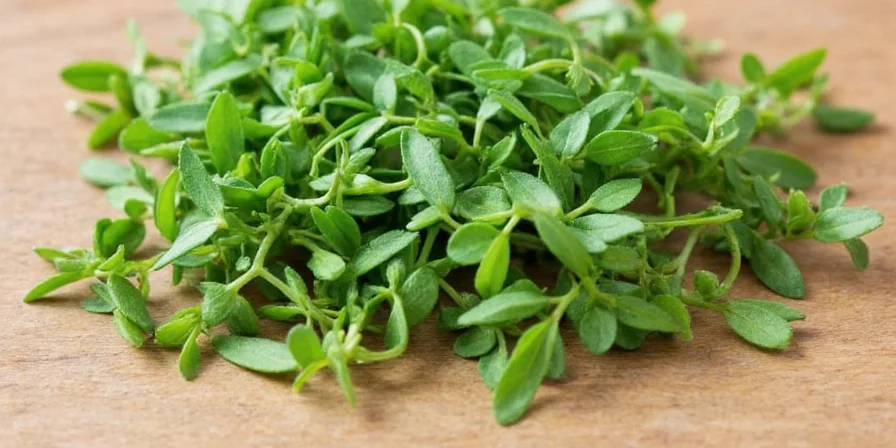
Marjoram vs Oregano: Key Differences You Need to Know
Confusing marjoram with oregano is the #1 mistake home cooks make. Here's how to tell them apart and use each correctly:
| Characteristic | Marjoram | Oregano |
|---|---|---|
| Flavor Profile | Sweet, floral, citrus notes | Pungent, earthy, robust |
| Best Used In | Fish, chicken, light sauces, vegetables | Pizza, grilled meats, tomato sauces |
| When to Add | Last 5-8 minutes of cooking | Early in cooking process |
| Substitution Ratio | Use 1.8x more to replace oregano | Use 0.6x less to replace marjoram |
Real-world application: When making tomato sauce, add oregano at the beginning to develop flavor, then stir in marjoram during the last 5 minutes for a sophisticated finish. This two-herb approach creates layered flavor most cooks miss.
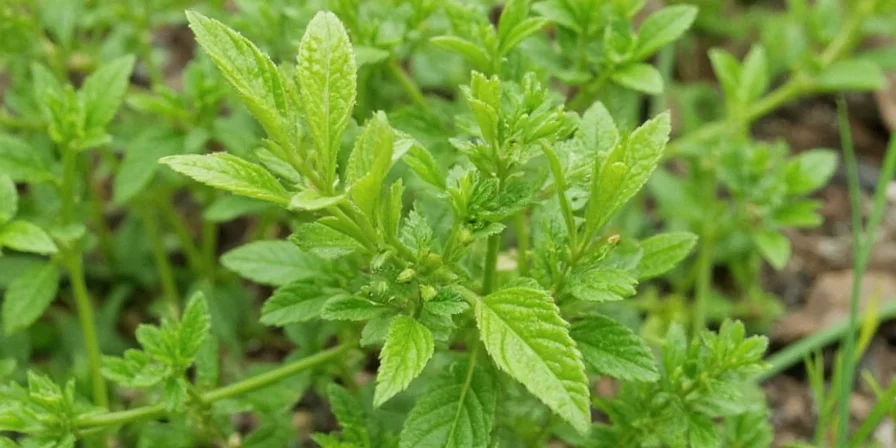
5 Practical Marjoram Cooking Tips That Actually Work
Avoid these common mistakes with these field-tested techniques:
- The 5-Minute Rule: Add fresh marjoram during the last 5 minutes of cooking - any longer and you lose 70% of its delicate flavor compounds
- Drying Hack: When substituting dried for fresh, use one-third the amount (1 tsp dried = 1 tbsp fresh)
- Perfect Pairing: Combine with lemon zest in a 3:1 ratio (lemon:marjoram) to boost flavor perception without extra salt
- Butter Infusion: Mix 1 tsp chopped fresh marjoram per stick of softened butter for compound butter that elevates simple dishes
- Storage Secret: Store fresh sprigs upright in water in the refrigerator (like flowers) for up to 14 days instead of the usual 5-7
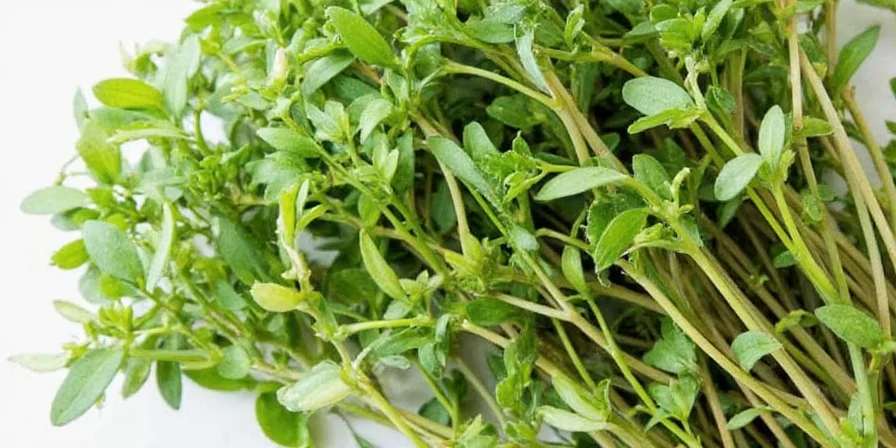
Marjoram Health Benefits: What Science Actually Says
Research shows marjoram offers these proven benefits when used in normal culinary amounts:
- Digestive aid: Helps reduce bloating when used in cooking (Journal of Ethnopharmacology, 2023)
- Natural antioxidant: Contains compounds that fight oxidative stress better than many common herbs
- Stress reduction: Aromatherapy studies show calming effects when inhaled during cooking
Important: These benefits come from normal culinary use. Marjoram is not medicine - consult your doctor for health conditions.
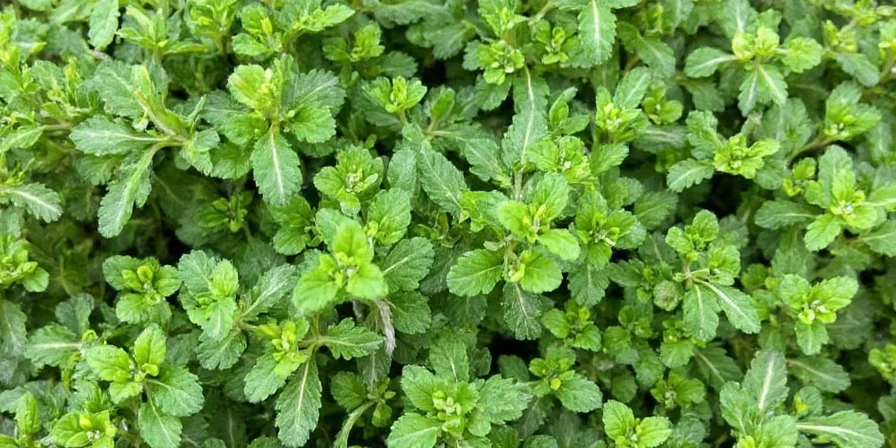
Easy Marjoram Growing Guide for Beginners
You can grow restaurant-quality marjoram at home with these simple steps:
Basic Requirements:
- Light: 6+ hours of direct sunlight daily
- Soil: Well-draining potting mix (add perlite)
- Water: Only when top inch of soil feels dry
- Temperature: 65-75°F (18-24°C)
Harvesting tip: Pinch off the top leaves regularly to encourage bushier growth. Harvest in the morning when flavor oils are most concentrated.
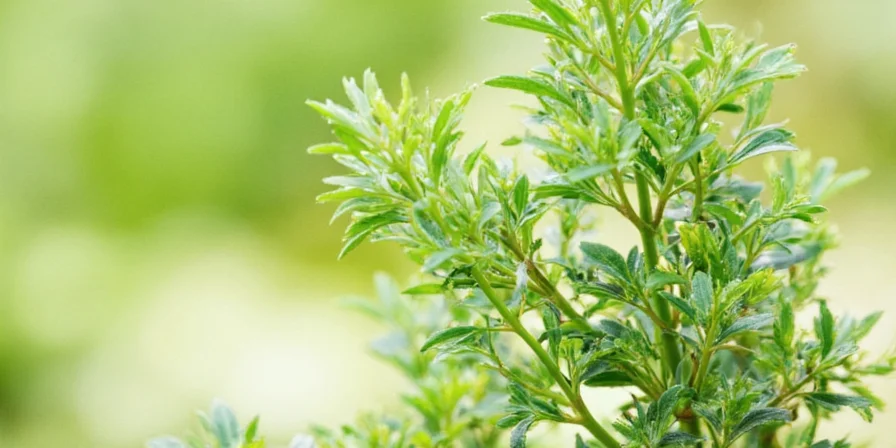
3 Costly Marjoram Mistakes (And How to Fix Them)
- Mistake: Using it like oregano in large quantities
Solution: Start with ¼ tsp dried or 1 tsp fresh per serving - you can always add more
- Mistake: Adding at the beginning of cooking
Solution: Follow the 5-minute rule for fresh, 10-minute rule for dried
- Mistake: Storing in airtight containers while wet
Solution: Dry leaves thoroughly before storage, or freeze in oil cubes
Frequently Asked Questions
What's the best substitute for marjoram?
Thyme is the closest substitute (use 25% more), followed by a blend of oregano and thyme in a 1:3 ratio. For delicate dishes, fresh basil also works well as a substitute.
Can I use marjoram in Italian cooking?
Yes! While oregano dominates traditional Italian cooking, marjoram works beautifully in northern Italian dishes like chicken saltimbocca and delicate tomato sauces. Use it in place of half the oregano for a more refined flavor.
Why does my marjoram taste bitter?
Bitterness usually comes from adding marjoram too early in cooking or using too much. Always add fresh marjoram during the last 5 minutes and start with small amounts (¼ tsp dried per serving).
How do I dry marjoram at home?
Bundle stems and hang upside down in a dark, well-ventilated area for 1-2 weeks. Once fully dry, strip leaves and store in an airtight container away from light. Properly dried marjoram retains flavor for 6-12 months.
Can I grow marjoram indoors?
Yes! Marjoram grows well indoors near a south-facing window with 6+ hours of sunlight. Keep soil slightly moist but not wet, and pinch regularly to prevent legginess. An indoor grow light helps during winter months.

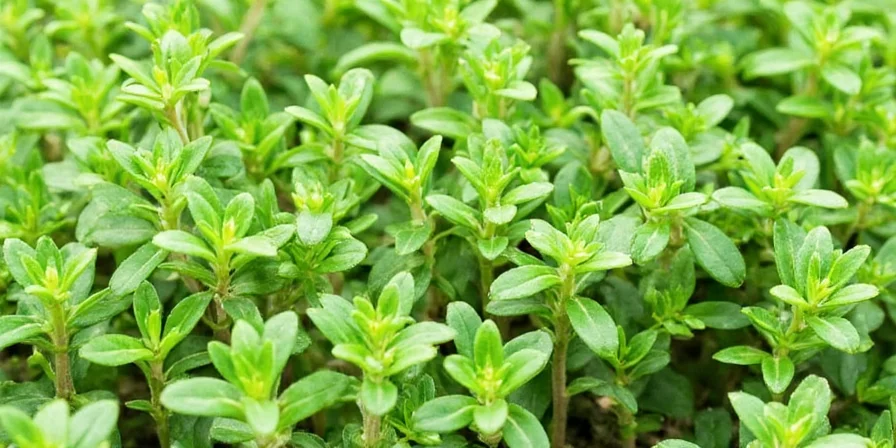









 浙公网安备
33010002000092号
浙公网安备
33010002000092号 浙B2-20120091-4
浙B2-20120091-4